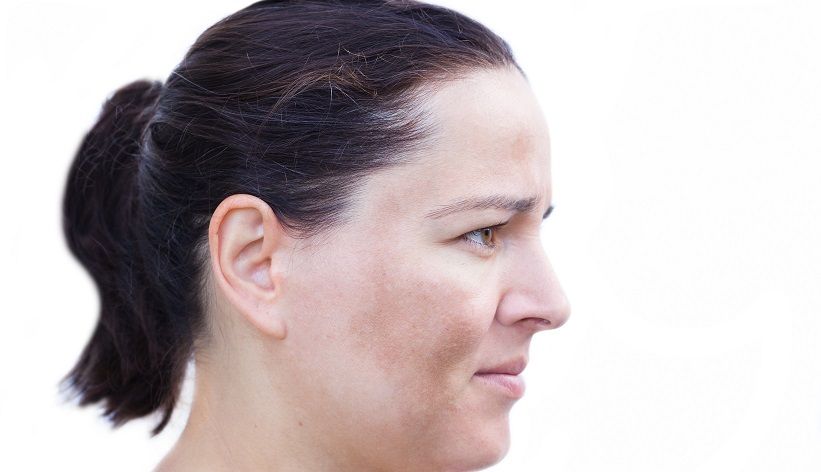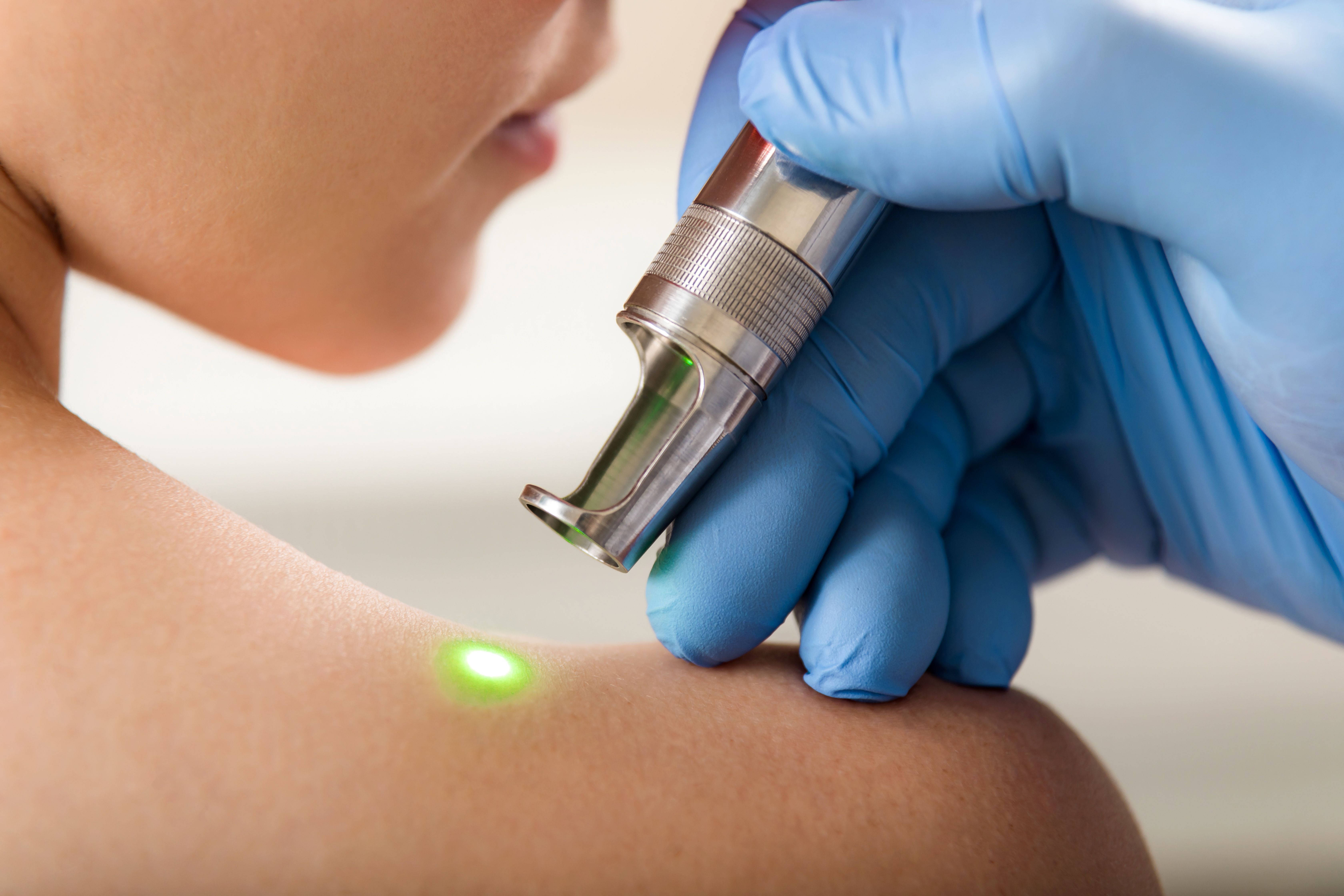- Case-Based Roundtable
- General Dermatology
- Eczema
- Chronic Hand Eczema
- Alopecia
- Aesthetics
- Vitiligo
- COVID-19
- Actinic Keratosis
- Precision Medicine and Biologics
- Rare Disease
- Wound Care
- Rosacea
- Psoriasis
- Psoriatic Arthritis
- Atopic Dermatitis
- Melasma
- NP and PA
- Skin Cancer
- Hidradenitis Suppurativa
- Drug Watch
- Pigmentary Disorders
- Acne
- Pediatric Dermatology
- Practice Management
- Prurigo Nodularis
- Buy-and-Bill
Publication
Article
Dermatology Times
Self-esteem and melasma
Author(s):
Study reports melasma has a significant negative impact on patient quality of life and self-esteem.
©AdobeStock_169692059_Lavizzara


Four themes emerged from face-to-face and telephone interviews with six melasma patients: Self-esteem suffered. Patients felt melasma robbed them of freedom. They were frustrated with costly and ineffective melasma treatments. And their quality-of-life improved after successful treatment with an oral tranexamic acid and a triple combination cream, according to a pilot study published in the International Journal of Women’s Dermatology in December 2017.
Researchers interviewed women with moderate-to-severe melasma who had gone to the University of Texas Southwestern Pigmentary Disorders Clinic, in Dallas, for follow up. The same provider treated all six patients with a similar regimen of oral tranexamic acid 325 mg twice daily and triple combination cream with 6% hydroquinone, 0.0125% tretinoin and 0.1% dexamethasone once daily, along with sunscreen. Two of the women had severe melasma; four had a history of moderate melasma.
Interviewees asked each participant 13 open-ended questions about the effect melasma had on their self-esteem, including:
- “How noticeable do you think your melasma is to others?”
- “Does your melasma have an impact on your sense of self-worth/self-esteem?”
- “Has your self-esteem improved after being treated for your melasma?”
The researchers focused on self-esteem because while many studies have assessed melasma patients’ quality of life, using the melasma-specific MelasQoL questionnaire among others, few have studied focus groups of patients to help determine self-esteem and psychological stressors associated with having melasma, according to the authors. Research to date suggests that melasma’s effect on quality of life is multifactorial - not due only to severity. And treatment might impact quality of life in these patients.
Negative Self-Esteem
All the women in this study reported melasma had a significant negative impact on their quality of life and self-esteem.
Among those with melasma, many indicated that increased self-consciousness was associated with decreased self-confidence and self-esteem. Several said they were frustrated that melasma occurred on their faces versus other less obvious places on their bodies. Some admitted being obsessed about their melasma.
One patient said during the interviews, “You are less than a person or not as good as the next person in line [because of melasma]. You aren’t as whole or complete.”
Another patient who described having to interact with high society said, “I always felt self-conscious about it; in that group of people, where everyone was so pretty and so well dressed, here I was with [dark stains] on my face.”
Less Freedom
All the women mentioned that melasma had in some way affected their freedom, with many wanting to avoid social situations because of the skin condition. Some avoided outdoor activities, fearing the melasma would get worse.
Ineffective Treatment
Several of the women interviewed were frustrated with ineffective treatments that dermatologists and other providers had prescribed. Many said they didn’t trust and felt betrayed by providers who prescribed ineffective melasma treatments.
A Positive Outlook
Patients surveyed had unsuccessfully tried other treatments for their melasma, including 4% hydroquinone cream, tretinoin cream, intense pulsed light or a combination of these for three months or more prior to their first visit for this study.
“Many of the patients expressed improvement in their [quality of life] after successful treatment of their melasma with oral tranexamic acid and triple combination cream that was prescribed in our clinic,” the researchers write. “Patient also expressed that they were more willing to be in social situations, participate in outdoor activities and had a more positive outlook on life and had increased self-confidence after treatment.”
Dermatologists and others who treat melasma patients should strive to improve not only pigmentary changes but also patients’ quality-of-life and self-esteem, according to the study.
A limitation of this small pilot study is that while it offers interesting information, that information isn’t necessarily generalizable.
References:
Jiang J, Akinseye O, Tovar-Garza A, Pandya AG. The effect of melasma on self-esteem: A pilot study. Int J Womens Dermatol. 2017;4(1):38–42.

Newsletter
Like what you’re reading? Subscribe to Dermatology Times for weekly updates on therapies, innovations, and real-world practice tips.





